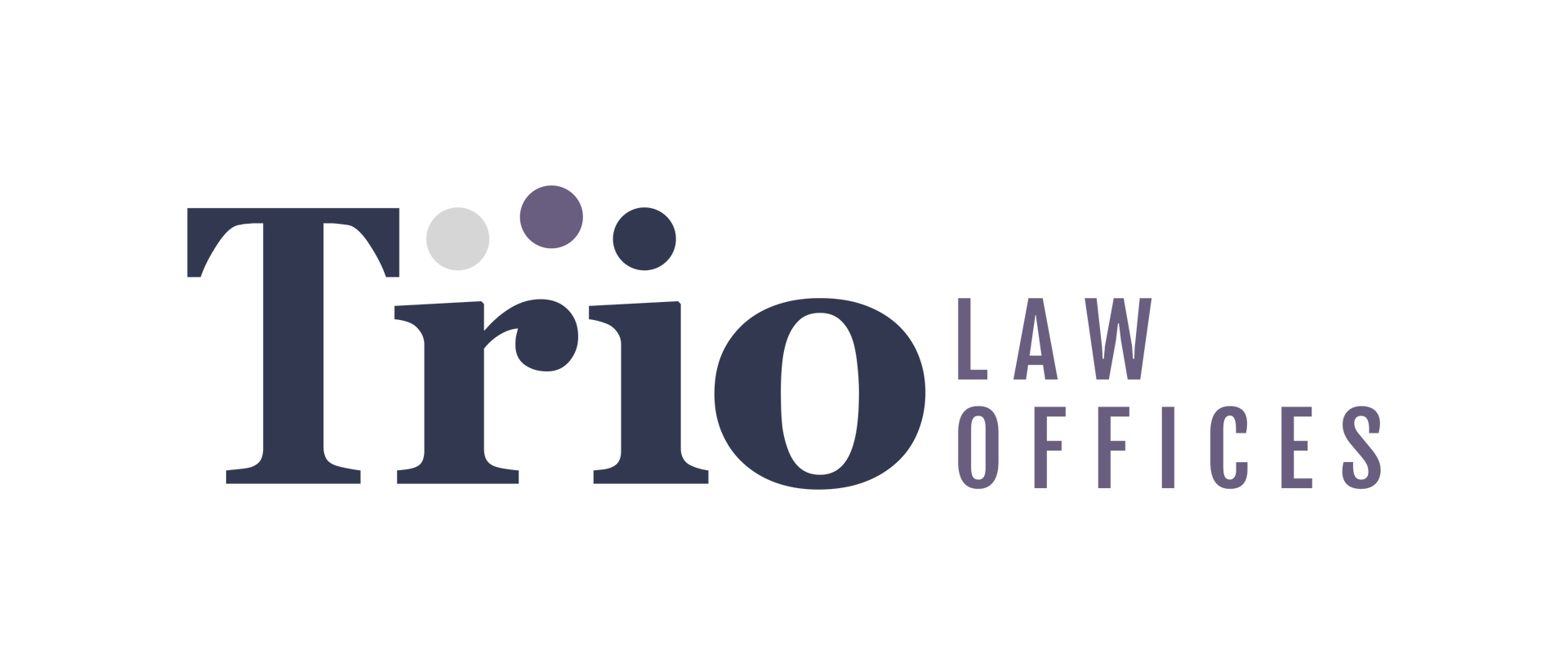Understanding Probate
Tiffarah McLean | Apr 14 2025 13:00
Understanding Probate: The Most Common Misconception and Tax Implications in New Brunswick
Probate can be a confusing process, and most people don’t fully understand what it entails, its benefits, or when it’s necessary. While this process can be essential for ensuring a fair and legal distribution of assets, it’s surrounded by misconceptions, especially about taxes. By addressing some of the most common questions, we hope to shed light on the process, its tax implications, and how to navigate it effectively, particularly here in New Brunswick.
What Is Probate?
Probate is a legal process where a court validates a deceased person's Will and appoints an Executor to manage the estate In New Brunswick, it involves obtaining "Letters Probate," which officially recognizes an Executor's authority to manage the estate. This process ensures the Will is valid and allows the Executor to distribute assets legally. Probate is often necessary for estates with real property, investments, or complex asset distributions.
Probate Tax & Land Transfer Tax Rates
The probate tax in New Brunswick is calculated at $5 per $1,000 (0.5%) of the estate's value over $20,000, compared to the land transfer tax, which is 1% of the property's assessment value or the purchase price (whichever is greater). For certain property transactions, probate tax incurred by the Estate after death may be less than the Land Transfer Tax incurred by transferring property to intended beneficiaries prior to death. For some estates, Letters Probate are not necessary, so the probate tax can be avoided entirely.
Misconception: Transferring Property Before Death to Avoid Probate
One common belief is that transferring assets, like a family cottage, to children before death eliminates probate tax. While this can avoid probate, it triggers land transfer tax and possible capital gains tax on the property’s increased value since its original purchase.
For example:
- Parents transfer a cottage worth $500,000 to their daughter, who already owns her own house. This transaction incurs a 1% land transfer tax ($5,000) and capital gains tax based on the property's appreciation.
In contrast,
- Transferring the property to their daughter through a Will incurs only 0.5% probate tax ($2,500) on the cottage's value if Letters Probate are even required. And any applicable capital gains are paid from the Estate. This method is often more economical and avoids the risk of disputes or unintended consequences.
Can Probate Tax Be Avoided?
While outright avoidance is not always possible, there are strategies to minimize or eliminate probate tax:
- Joint Ownership: Owning property jointly with rights of survivorship can allow automatic transfer to the co-owner without probate. However, this may expose the property to the co-owner's creditors.
- Named Beneficiaries: Designating beneficiaries for financial accounts, insurance policies, and registered retirement savings plans (RRSPs) bypasses probate.
- Trusts: Establishing a trust allows you to manage asset distribution outside of probate. This approach requires careful planning and legal advice to ensure tax efficiency.
When to Address Probate Tax in Estate Planning
Proactive estate planning is essential for minimizing probate-related costs. Steps include:
- Creating a Will: A clear, valid Will with an Affidavit of Execution reduces disputes and the need for probate.
- Updating Your Plan: Regular updates ensure your Will reflects current assets, beneficiaries, and laws.
- Consulting Legal Experts: Lawyers provide insights tailored to your situation, ensuring your estate plan is both effective and tax-efficient.
The Benefits of Probate
While avoiding probate tax is appealing, probate does offer certain advantages:
- Legal Clarity: Validates the Will, reducing potential disputes among beneficiaries.
- Executor Authority: Provides Executors with legal standing to manage and distribute assets, particularly for bank accounts, investments, and real estate.
- Protection: Increases Executor accountability and helps shield Executors from liability when fulfilling their duties in good faith.
The Importance of Professional Advice
Estate planning involves complex decisions with significant financial implications. Laws and tax rules frequently change, and what works for one family may not suit another. Engaging legal professionals ensures your estate plan reflects your goals, minimizes taxes, and avoids common pitfalls. And by understanding probate and its implications, you can make informed decisions that honour your wishes and protect your legacy.


